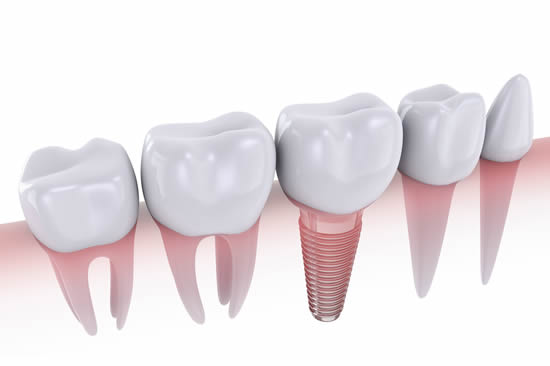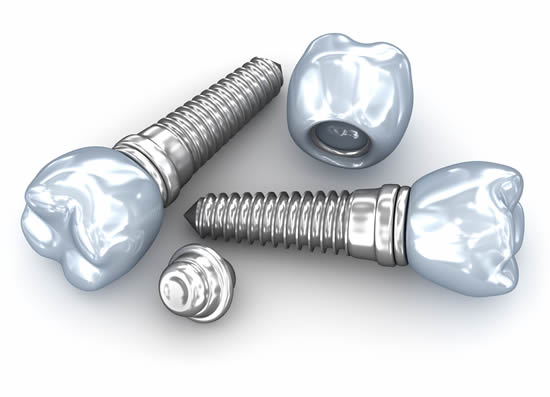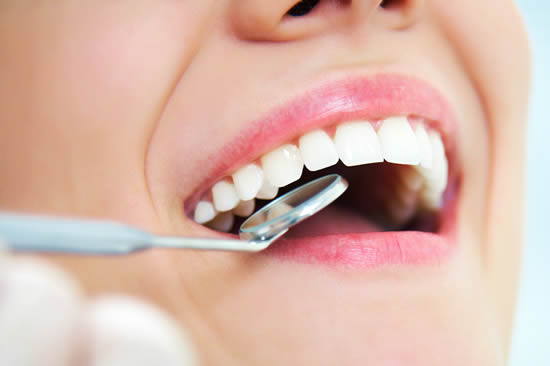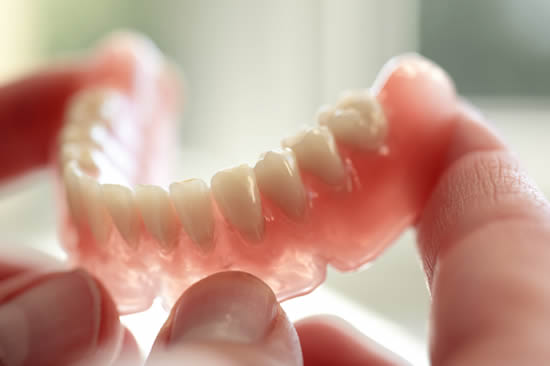What will implant surgery feel like during the operation?
Implant placement is the same as all other aspects of modern dentistry. The use of the latest local anaesthetics, such as Articaine, ensures that you will not experience any discomfort during the procedure. The procedure is gentle, no force is used (compare this to the force sometimes required in removing a tooth), and The Wand from Milestone Scientific will administer the local anaesthetic almost completely painlessly. People are very often amazed at the quiet and controlled nature of the implant-placement visit.
The gum is sutured neatly into position, unlike the socket left after tooth removal, and the mouth will often feel completely normal in the next couple of days.
What will my mouth feel like afterwards?
When the anaesthetic wears off in a couple of hours, the mouth might feel a little stiff or bruised. Occasionally people might report a dull ache. Strong levels of post-operative pain are very rare and analgesics will cover this period to render feelings of pain to a minimum. Time off work or out of routine is rarely required and normal life will return almost instantly.
A diet of soft food will be required for cases where a bridge has been place straightaway after implant insertion (Teeth-in-a-day) and and it is advisable to chew away from the implant site for a few days.
If a denture is being worn whilst the implants are knitting with the bone, then this can be put into position immediately so that appearance is maintained and social interaction is not affected to any great degree.
A course of antibiotics and a mouthwash to be used daily will be provided.
The dentist will want to see you a week or two later to review the healing process and remove any stitches which have not dissolved by themselves.
What is the healing period for dental implants?
The dental implants begin to literally fuse with the jawbone within the first 3 weeks post-operatively. You will not be aware that this is happening. Healing takes about three months for the implant to be fully integrated.
Whilst the implants are integrating, will I have to have a gap? No!
During implant treatment it is not necessary to hide away because you cannot smile. Whilst the implants are integrating with the bone under the gum, there are various methods available to maintain your smile and the function of the mouth.
Dentures can be worn, bridges can be cemented to the adjacent teeth without harming them, or the implants can be used immediately to hold bridges in place.
Afraid of dental needles? Do you want implants without injections?
We have taken another step towards pain-free dentistry by investing in the latest needle-free injection system called INJEX. Read more HERE
What does the treatment cost?
Every single case is slightly different and so every treatment plan might vary in cost to a certain degree. After your consultation, an estimate of cost will be produced for the proposed treatment and for any alternatives that might be seriously considered. Your budget will help to guide the proposed treatment options where required.
What are the alternatives to implants?
1.Try to save the tooth without needing to remove it
It is sometimes possible to hold on to a tooth which is suffering from either gum problems (periodontal disease) or root canal problems (endodontic infection) by treating the tooth using recognised therapies such as root filling the tooth or cleaning the root surface. It should always be the goal of the clinician and team to help people keep their natural teeth whenever possible but sometimes the tooth has such a poor prognosis that it is right to remove it and replace with a dental implant.
2.If the tooth is already missing
Traditional techniques still have a place in modern dentistry and a tooth gap can be filled using a variety of types of bridge or denture in many cases. The downside of dentures is that they have to be removed at night and cleaned after every meal, and the negative aspect of bridges is that they often require the adjacent teeth to be cut down for the bridge to be fitted. Implants do not damage the adjacent teeth and the new teeth can be fixed permanently like the originals.







